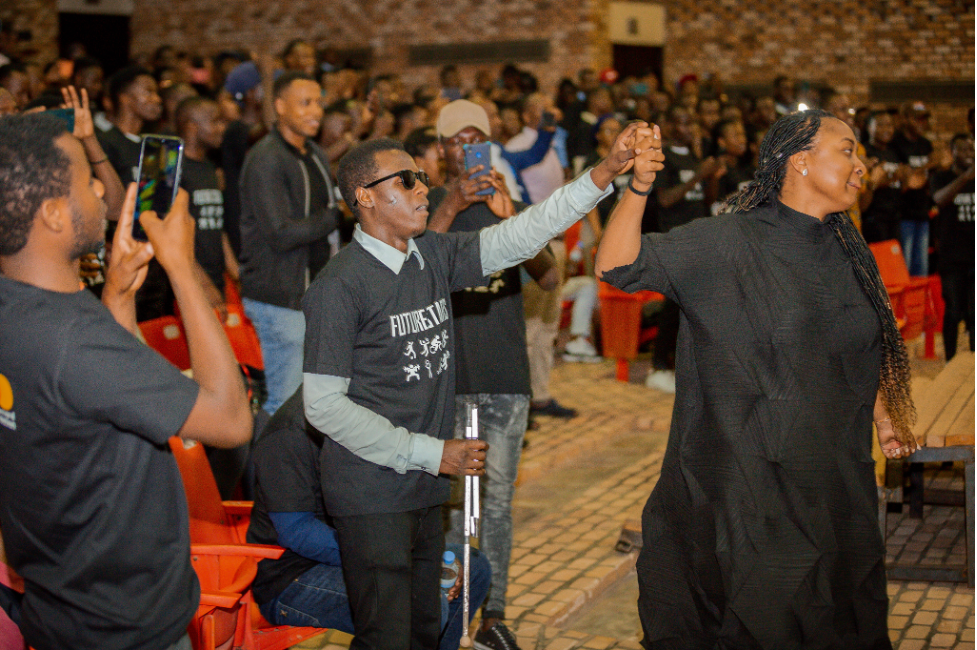
Why Including People with Disabilities in the Workplace is Essential for Sustainable Growth and Equity
Written by: Nadège Gaju, Head of communications at ESP
In today’s rapidly evolving world, fostering inclusivity is no longer just a moral imperative; it’s a business necessity. Including people with disabilities in the workplace is essential not only for building fair and diverse teams but also for driving innovation, enhancing productivity, and creating a more equitable society. Ensuring that people with disabilities are represented in leadership roles strengthens organizations and society by fostering a culture of equity and informed decision-making.
Moving Beyond “Aid”: Embracing True Inclusivity
People with disabilities are often perceived as a separate group needing “special aids” rather than as valuable contributors to the workforce. This perspective, while well-intentioned, often reinforces stereotypes that can limit their potential and marginalize them from core organizational processes. Inclusive workplaces recognize that people with disabilities bring unique skills, insights, and perspectives that can enhance organizational culture and success. By shifting away from seeing them as recipients of aid and toward viewing them as essential team members, organizations unlock a new level of innovation and problem-solving (World Economic Forum, 2020) 1.
Unique Skills and High Productivity
People with disabilities often develop heightened skills in areas like problem-solving, adaptability, and creative thinking to navigate a world that is not always accessible to them. These abilities translate into valuable workplace skills that improve team dynamics and contribute to innovative solutions (Forbes, 2020) 2. Research also shows that people with disabilities are as productive, if not more so, than their peers. Studies have found that companies employing people with disabilities often report higher rates of retention, punctuality, and engagement, leading to a more stable and dedicated workforce (Accenture, 2018) 3.
Empowering Leadership: Decision-Making that Reflects Society
For true inclusion, people with disabilities must not only participate as employees but also hold positions of leadership. When represented at decision-making levels, they bring essential insights that contribute to developing sustainable and inclusive policies, services, and products. Leadership that includes people with disabilities ensures that the workplace becomes a reflection of society itself, leading to decisions that serve a wider range of needs (McKinsey & Company, 2020) 4. By having people with disabilities at the forefront of leadership, organizations foster empathy and understanding, creating policies that resonate with all stakeholders.
The Role of Equity in Inclusive Employment
Equity is central to inclusive employment. Unlike equality, which provides the same resources to everyone, equity involves giving individuals the resources and support they need to succeed based on their unique circumstances. By embedding equity into hiring and retention practices, organizations create environments where all employees, regardless of their abilities, can thrive (Accenture, 2018) 5. Organizations are encouraged to adopt inclusive practices that consider individual needs without compromising on expectations of performance and leadership.
Why Businesses Gain from Inclusion
Including people with disabilities in the workplace is proven to boost creativity, loyalty, and productivity. Diverse teams are more resilient and bring a wider range of solutions to challenges. Moreover, companies that prioritize inclusivity enjoy stronger reputations and greater support from the communities they serve. For entrepreneurs who aspire to build sustainable and impactful ventures, adopting an inclusive hiring strategy is a powerful way to build brands that are respected, trusted, and forward-thinking (Harvard Business Review, 2019) 6.
A Call to Action
Creating an inclusive workplace that embraces people with disabilities is about more than meeting quotas or complying with laws. It’s about recognizing the inherent value each person brings and fostering an environment that promotes growth, fairness, and respect for all. Inclusive ecosystems benefit everyone—one in which people with disabilities are not just participants but leaders, shaping the future of industries and communities (The Valuable 500, 2020) [^7].
At ESP, we believe that inclusivity and equity are foundational values that drive sustainable development. As part of our commitment, we encourage entrepreneurs in agribusiness, tourism, and hospitality sectors to apply for our Grow 2 Scale (G2S) program, in partnership with Mastercard Foundation for bootstrappers this November 2024. Including people with disabilities within your team is a valued asset in our recruitment process. For those who are ready to grow their impact and embrace inclusive practices, apply now: G2S Application.
By working together to dismantle barriers, encourage leadership, and implement equitable practices, we create a workplace—and a society—that benefits all. Let’s embrace inclusivity as a cornerstone of sustainable development and continue building workplaces where every voice is heard and valued.
Footnotes
- World Economic Forum. (2020). The Business Case for Disability Inclusion. Retrieved from World Economic Forum Report ↩
- Forbes. (2020). The Competitive Advantage of Employing People with Disabilities. Retrieved from Forbes Article ↩
- Accenture. (2018). Getting to Equal: The Disability Inclusion Advantage. Retrieved from Accenture Report ↩
- McKinsey & Company. (2020). Diversity Wins: How Inclusion Matters. Retrieved from McKinsey & Company Report ↩
- Accenture. (2018). Getting to Equal: The Disability Inclusion Advantage. Retrieved from Accenture Report ↩
- Harvard Business Review. (2019). Disability Inclusion Isn’t Just the Right Thing to Do — It’s Good for Business. Retrieved from Harvard Business Review Article ↩
- The Valuable 500. (2020). Disability Inclusion in the Workforce. Retrieved from The Valuable 500 ↩

